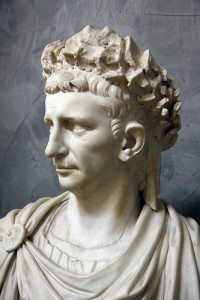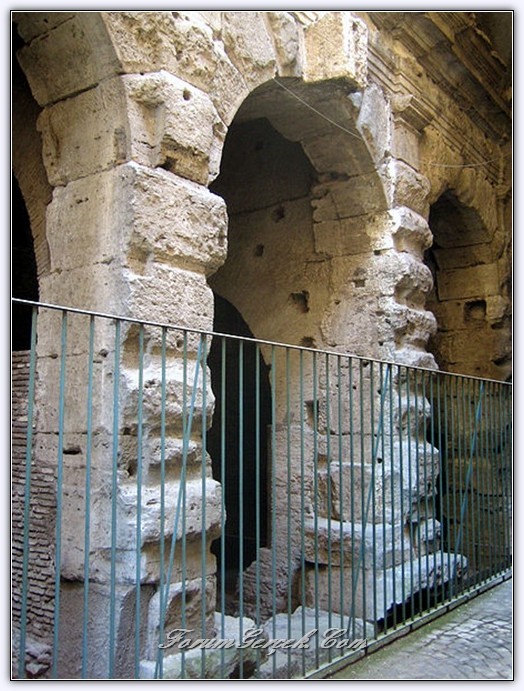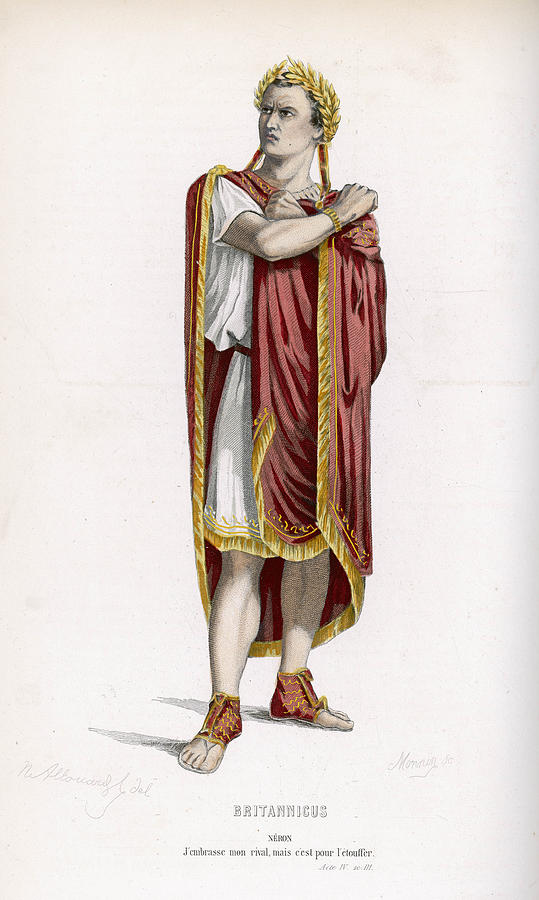

It is because of this, I think, that some have made bold to write that he was an object of suspicion to Augustus that the emperor recalled him from his province, and when he did not obey at once, took him off by poison. It is the general belief that he was as eager for glory as he was democratic by nature for in addition to victories over the enemy he greatly desired to win the "noble trophies," often pursuing the leaders of the Germans all over the field at great personal risk and he made no secret of his intention of restoring the old-time form of government, whenever he should have the power. The senate, in addition to many other honours, voted him a marble arch adorned with trophies on the Appian Way, and the surname Germanicus for himself and his descendants. But the army reared a monument in his honour, about which the soldiers should make a ceremonial run each year thereafter on a stated day, which the cities of Gaul were to observe with prayers and sacrifices. For these exploits he received the honour of an ovation with the triumphal regalia and immediately after his praetorship he became consul and resumed his campaign, but died in his summer camp, which for that reason was given the name of "Accursed." The body was carried by the leading men of the free towns and colonies to Rome, where it was met and received by the decuries of scribes, and buried in the campus Martius. Even after he had defeated the enemy in many battles and driven them far into the wilds of the interior, he did not cease his pursuit until the apparition of a barbarian woman of greater than human size, speaking in the Latin tongue, forbade him to push his victory futher. He was the first of Roman generals to sail the northern Ocean, and beyond the Rhine with prodigious labour he constructed the huge canals which to this very day are called by his name.
:max_bytes(150000):strip_icc()/claudius-56aab2973df78cf772b46e42.jpg)
This Drusus, while holding the offices of quaestor and praetor, was in charge of the war in Rhaetia and later of that in Germany. "In three months' time come children to the great."

Certain it is that this verse at once became current:

The father of Claudius Caesar, Drusus, who at first had the forename Decimus and later that of Nero, was born of Livia within three months after her marriage to Augustus (for she was with child at the time) and there was a suspicion that he was begotten by his stepfather in adulterous intercourse.


 0 kommentar(er)
0 kommentar(er)
